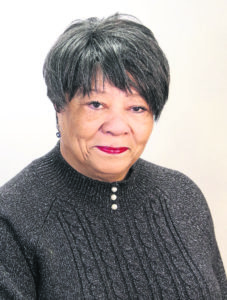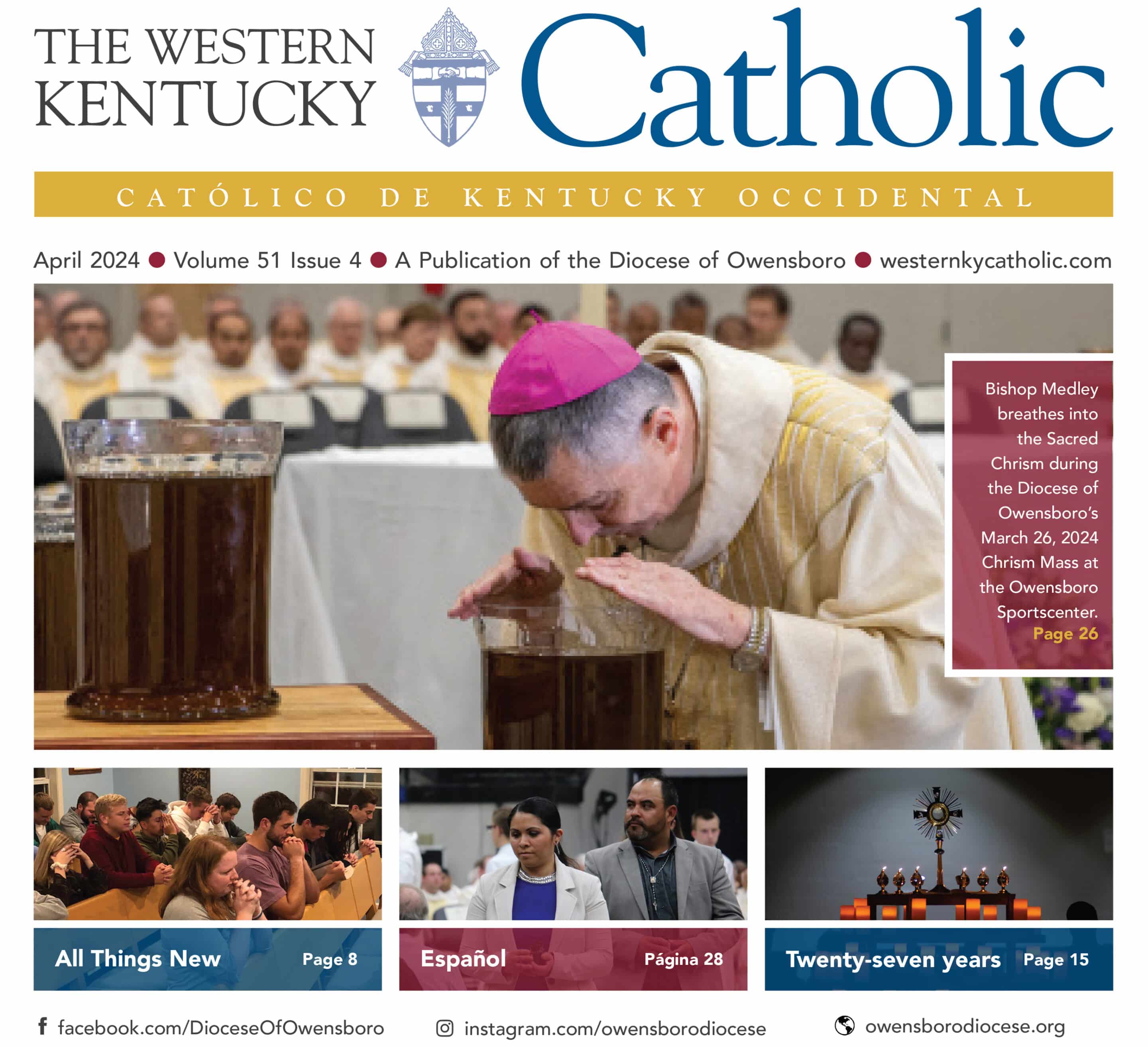Black History Month 2022: Black health and wellness
BY F. VERONICA WILHITE, SPECIAL TO THE WESTERN KENTUCKY CATHOLIC

F. Veronica Wilhite, Director of the Office for Black Catholic Ministry in the Diocese of Owensboro.
This year’s theme for Black History Month, “Black Health and Wellness,” examines how American healthcare has served the African-American community from slavery, through “Jim Crow,” the Civil Rights Movement and into the current COVID-19 pandemic.
Historically, Black Americans have not been full participants in the American healthcare system as consumers nor as providers. Economic and racial barriers along with historical mistrust of the medical system have been instrumental in the exclusion of Blacks from this system.
Transported from Africa to America with no knowledge of the language or culture, many slaves survived the inhumane and unhealthy environment of the slave ships as well as the plantations. Many unnamed and unknown African “healers and midwives” provided slaves and often whites with “folk remedies” of plant and herbal cures along with rituals from their African roots. In 1721, Onesimus, an enslaved African, described to Cotton Mather the African method of inoculation against smallpox. The technique, later used to protect American Revolutionary War soldiers, was perfected in the 1790s by British doctor Edward Jenner’s use of a less virulent organism.
Historical records are sparse, but Philadelphian, James Durham (Derham), is considered to be the first African American physician in the United States. Born into slavery in 1762, he became an assistant to doctors who purchased him. After buying his freedom he established a practice in New Orleans where he successfully treated patients during an outbreak of yellow fever in the 1780s.
In 1837 the first Black doctor in America, James McCune Smith, received his MD from the University of Glasgow in Scotland after having been denied admission to several universities in the United States. Dr. McCune Smith was one of the most well-known Black intellectuals, abolitionist, and activists in America.
David Jones Peck was the first Black person to graduate from medical school in the U.S. In 1847 he received his medical degree from Rush Medical College in Chicago. He was an active abolitionist but closed his unsuccessful medical practice and migrated to Nicaragua in 1852.
After 10 years of working as a nurse, Rebecca Lee Crumpler, MD, became the first Black woman in the U.S. to receive an MD in 1864 at the New England Female Medical College in Boston. After the Civil War she worked with other Black doctors in Richmond, Va., but later returned to Boston where she treated women and children.
Segregation and racism within the medical profession continue to have a profoundly detrimental impact on the Black community. For more than 100 years the AMA actively reinforced or passively accepted racial inequalities and the exclusion of Black physicians. It wasn’t until 1966 that African Americans were admitted to all U.S. medical schools and it wasn’t until July 30, 2008 that any public acknowledgement by the AMA of these exclusions was addressed.
In order to foster health and wellness, Black people have had to rely on self-determination, mutual aid and social supports to build needed facilities, to train more healthcare providers and to foster community support for wellness initiatives. We now have three Black medical schools whose goal is to train Black doctors: Howard University, Meharry Medical School and Morehouse Medical School.
African American communities need and continue to need doctors that understand the unique cultural traditions, perspectives, and concerns of Blacks. Black medical schools have been integral to meeting this demand and Historically Black Colleges and Universities (HBCUs) have been instrumental in creating pipelines to these medical schools and others. Xavier University of Louisiana, the only Historically Black College or University affiliated with the Roman Catholic Church in the country has a formidable and nationally known history of producing doctors, which can be credited to Norman Francis, the institution’s long-serving president, who in the 1970s read a report that caused him great concern — the report sounded the alarm that the number of Black doctors in the U.S. was dwindling at a steady pace. Francis decided to put his focus on becoming a major producer of Blacks in STEM and more specifically, Black doctors. Xavier now produces more Black students who apply to and graduate from medical school than any other college or university in the country.
This article would be incomplete without mention of Black physicians who have served the African American communities in Kentucky. Like the early physicians in the United States these doctors were community activists and civil rights leaders in our communities:
Dr. Mary Ellen Britton, Thomas T. Wendell, Dr. Grace M. James, Dr. A. D. Kelly, Doctors Henry and Sarah H. Fitzbutler, Miss Mary Eliza Merritt, Dr. Reginald Claypool Neblett, Dr. Maurice F. Rabb, Dr. Orville Ballard, Dr. William Moses, Dr. W. T. Dinwiddie, William Henry Ballard, Dr. John E. Hunter and Dr. Bush Alexander Hunter. You can read more about them at https://kyhi.org/2020/02/01/kentuckys-african-american-men-and-women-of-medicine.
Veronica Wilhite is the director of the Office of Black Catholic Ministry for the Diocese of Owensboro. Learn more at owensborodiocese.org/Black-catholic-ministry.
Originally printed in the February 2022 issue of The Western Kentucky Catholic.

